High blood pressure, or hypertension, affects millions of people worldwide and is a major risk factor for cardiovascular diseases. While leading a healthy lifestyle and following a balanced diet play crucial roles in blood pressure management, recent studies have shed light on the potential benefits of grape juice in regulating blood pressure levels. In this article, we will explore the science behind this phenomenon and discuss how grape juice could be a valuable addition to a hypertension management plan. The Science Behind Grape Juice and Blood Pressure: 1. Rich in Antioxidants: Grape juice is packed with antioxidants, particularly polyphenols, that have been found to have a positive impact on blood pressure.
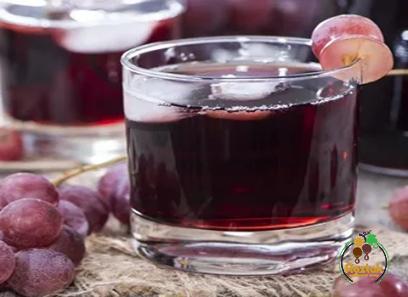
.
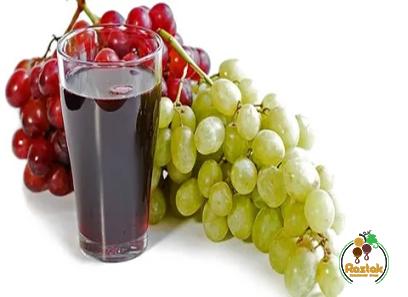 These compounds help combat oxidative stress and inflammation in the body, promoting healthy cardiovascular function. 2. Nitric Oxide Production: Research suggests that grape juice consumption significantly increases nitric oxide production within the body. Nitric oxide is a molecule that helps relax and widen blood vessels, thereby improving blood flow and reducing blood pressure. 3. Potassium and Potassium-to-Sodium Ratio: Grapes are naturally high in potassium and low in sodium, making grape juice a favorable choice for individuals with hypertension. Increased potassium intake has been associated with lowered blood pressure levels, while a high-sodium diet can lead to hypertension.
These compounds help combat oxidative stress and inflammation in the body, promoting healthy cardiovascular function. 2. Nitric Oxide Production: Research suggests that grape juice consumption significantly increases nitric oxide production within the body. Nitric oxide is a molecule that helps relax and widen blood vessels, thereby improving blood flow and reducing blood pressure. 3. Potassium and Potassium-to-Sodium Ratio: Grapes are naturally high in potassium and low in sodium, making grape juice a favorable choice for individuals with hypertension. Increased potassium intake has been associated with lowered blood pressure levels, while a high-sodium diet can lead to hypertension.
..
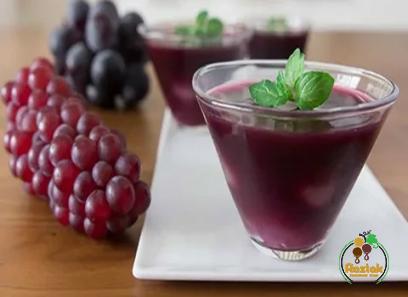 4. Natural ACE Inhibitors: Angiotensin-converting enzyme (ACE) inhibitors are commonly prescribed medications for high blood pressure. Grape juice contains natural ACE inhibitors that work similarly to these medications by reducing the production of angiotensin II, a hormone responsible for narrowing blood vessels. Incorporating Grape Juice into Your Hypertension Management Plan: 1. Choose Quality Grape Juice: When selecting grape juice, look for 100% pure juice without added sugars or artificial sweeteners. Opt for organic if possible, as conventionally grown grapes may be heavily sprayed with pesticides. 2. Moderate Consumption: While grape juice offers potential health benefits, it’s crucial to remember that it still contains natural sugars. Moderation is key, and it is advisable to limit intake to one small glass (4-6 ounces) per day.
4. Natural ACE Inhibitors: Angiotensin-converting enzyme (ACE) inhibitors are commonly prescribed medications for high blood pressure. Grape juice contains natural ACE inhibitors that work similarly to these medications by reducing the production of angiotensin II, a hormone responsible for narrowing blood vessels. Incorporating Grape Juice into Your Hypertension Management Plan: 1. Choose Quality Grape Juice: When selecting grape juice, look for 100% pure juice without added sugars or artificial sweeteners. Opt for organic if possible, as conventionally grown grapes may be heavily sprayed with pesticides. 2. Moderate Consumption: While grape juice offers potential health benefits, it’s crucial to remember that it still contains natural sugars. Moderation is key, and it is advisable to limit intake to one small glass (4-6 ounces) per day.
…
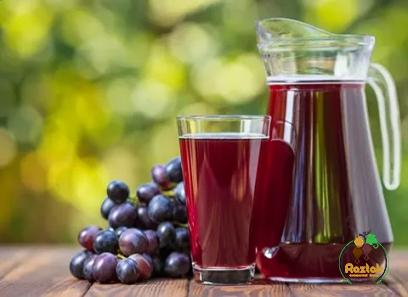 3. Consult with a Healthcare Professional: It’s always recommended to consult with a healthcare professional or registered dietitian before incorporating grape juice into your hypertension management plan. They can provide personalized advice based on your individual health conditions and dietary needs. Conclusion: Grape juice, with its abundance of antioxidants, nitric oxide production, favorable potassium-to-sodium ratio, and natural ACE inhibitors, shows great promise in aiding blood pressure control. However, it should not be considered a standalone treatment. Rather, grape juice can be a valuable addition to a well-rounded hypertension management plan that includes other lifestyle modifications, such as regular exercise, a balanced diet, and medication if prescribed. By adopting a holistic approach, individuals can harness the power of grape juice to support their efforts in maintaining healthy blood pressure levels.
3. Consult with a Healthcare Professional: It’s always recommended to consult with a healthcare professional or registered dietitian before incorporating grape juice into your hypertension management plan. They can provide personalized advice based on your individual health conditions and dietary needs. Conclusion: Grape juice, with its abundance of antioxidants, nitric oxide production, favorable potassium-to-sodium ratio, and natural ACE inhibitors, shows great promise in aiding blood pressure control. However, it should not be considered a standalone treatment. Rather, grape juice can be a valuable addition to a well-rounded hypertension management plan that includes other lifestyle modifications, such as regular exercise, a balanced diet, and medication if prescribed. By adopting a holistic approach, individuals can harness the power of grape juice to support their efforts in maintaining healthy blood pressure levels.

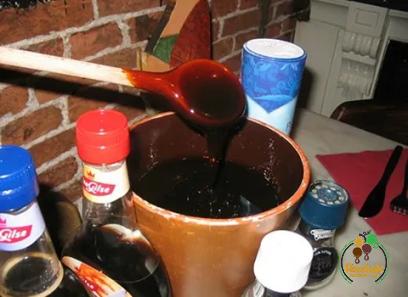
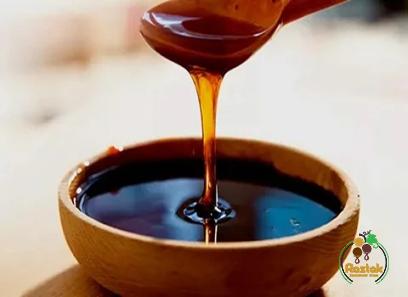
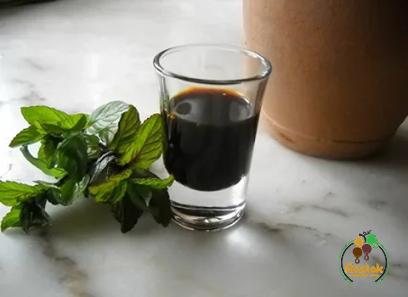
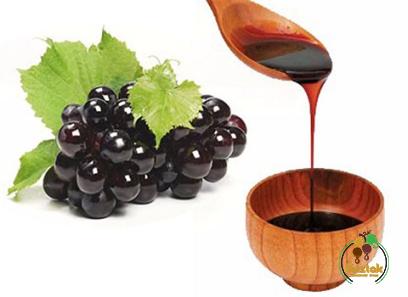

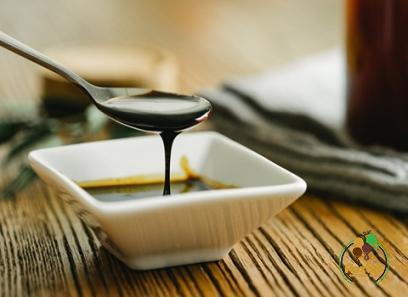
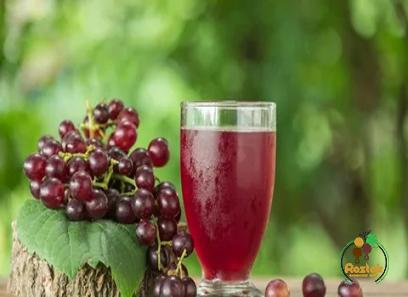
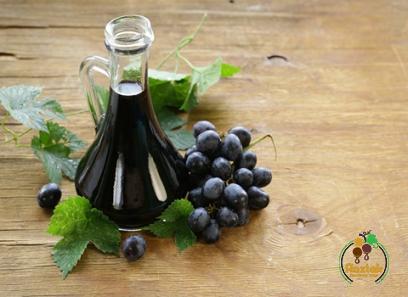

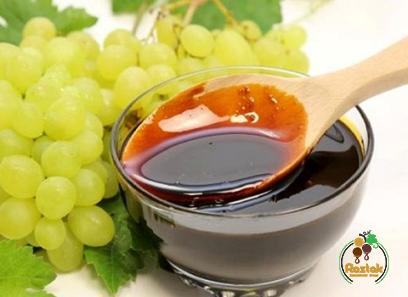
Your comment submitted.